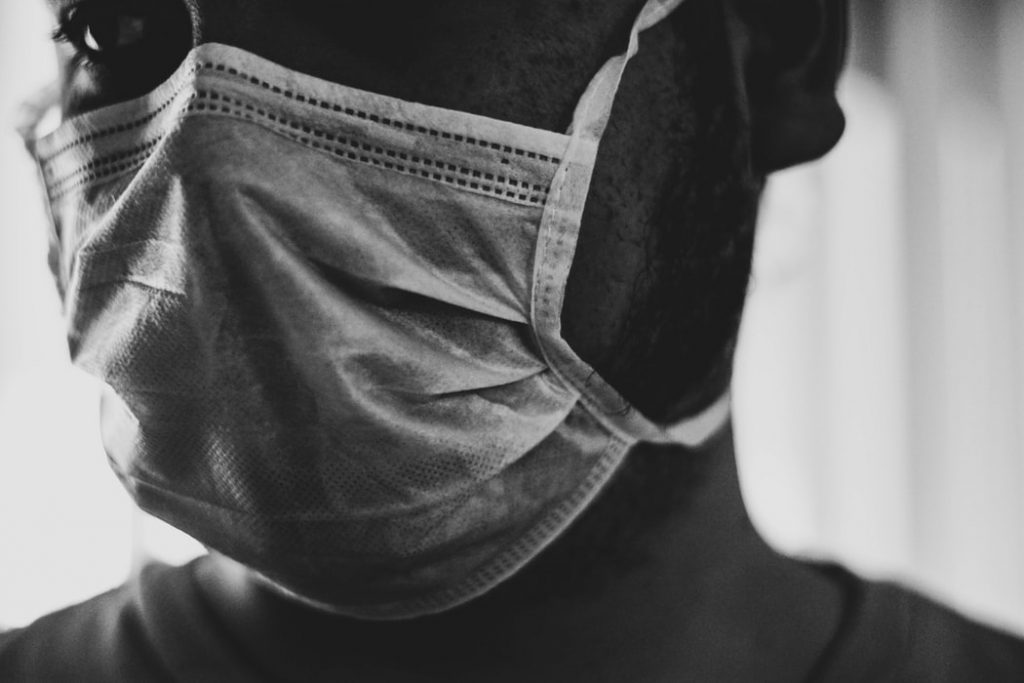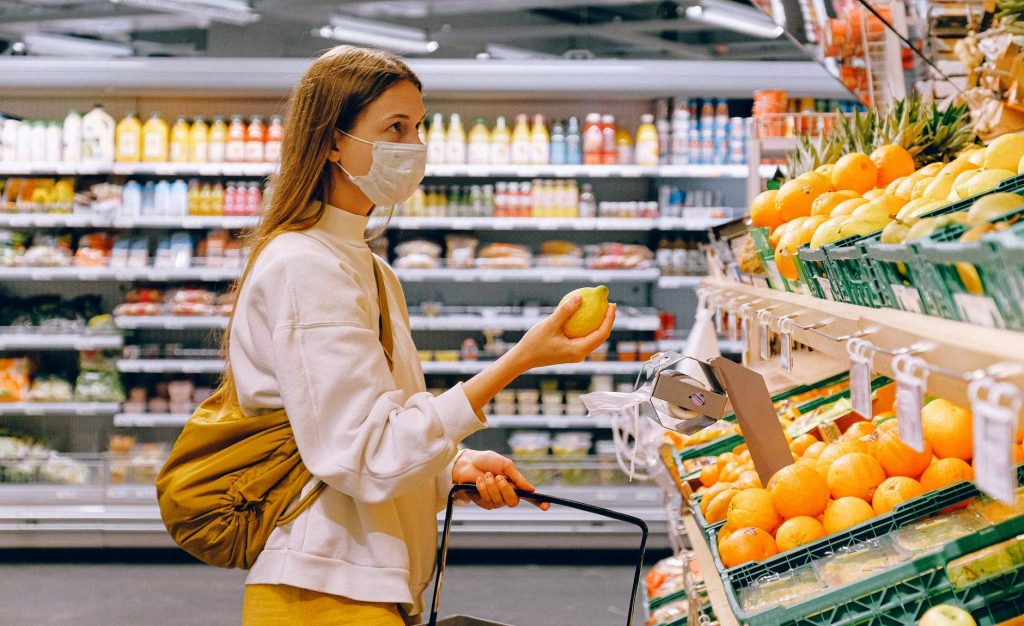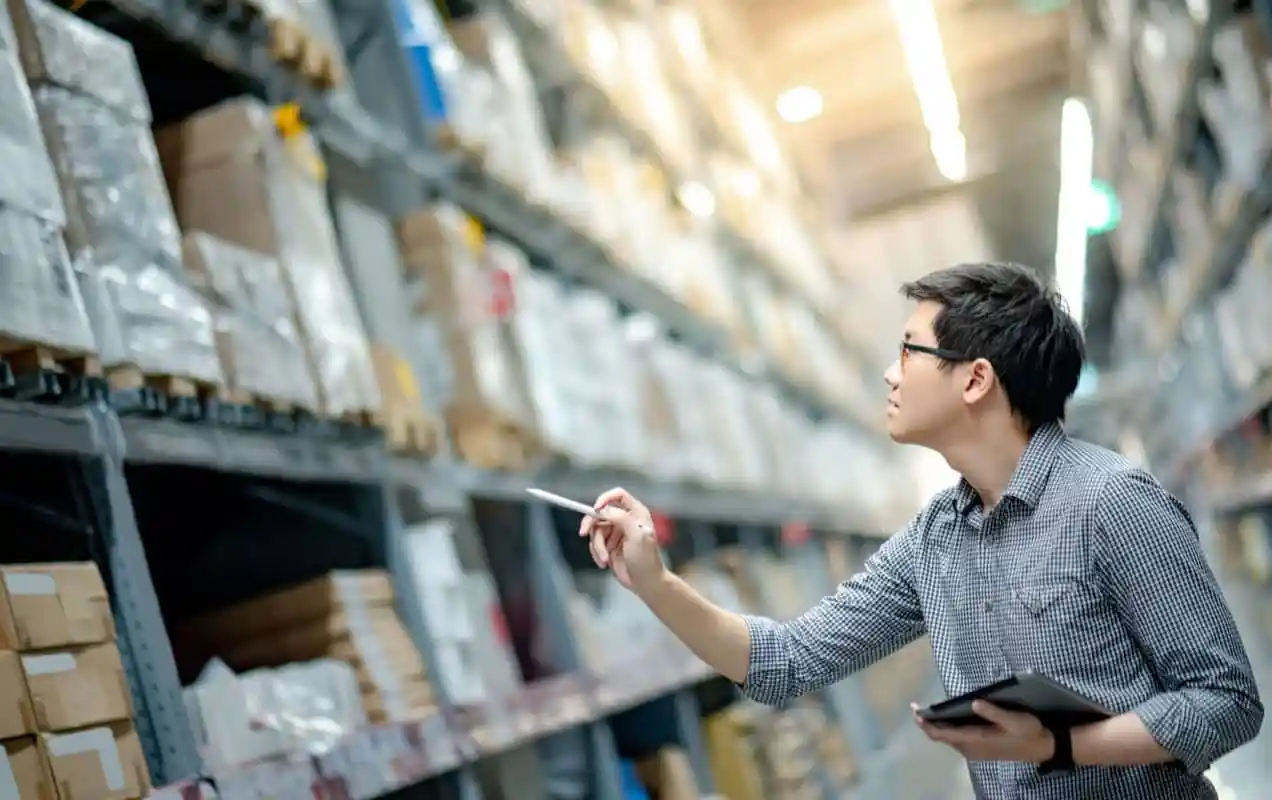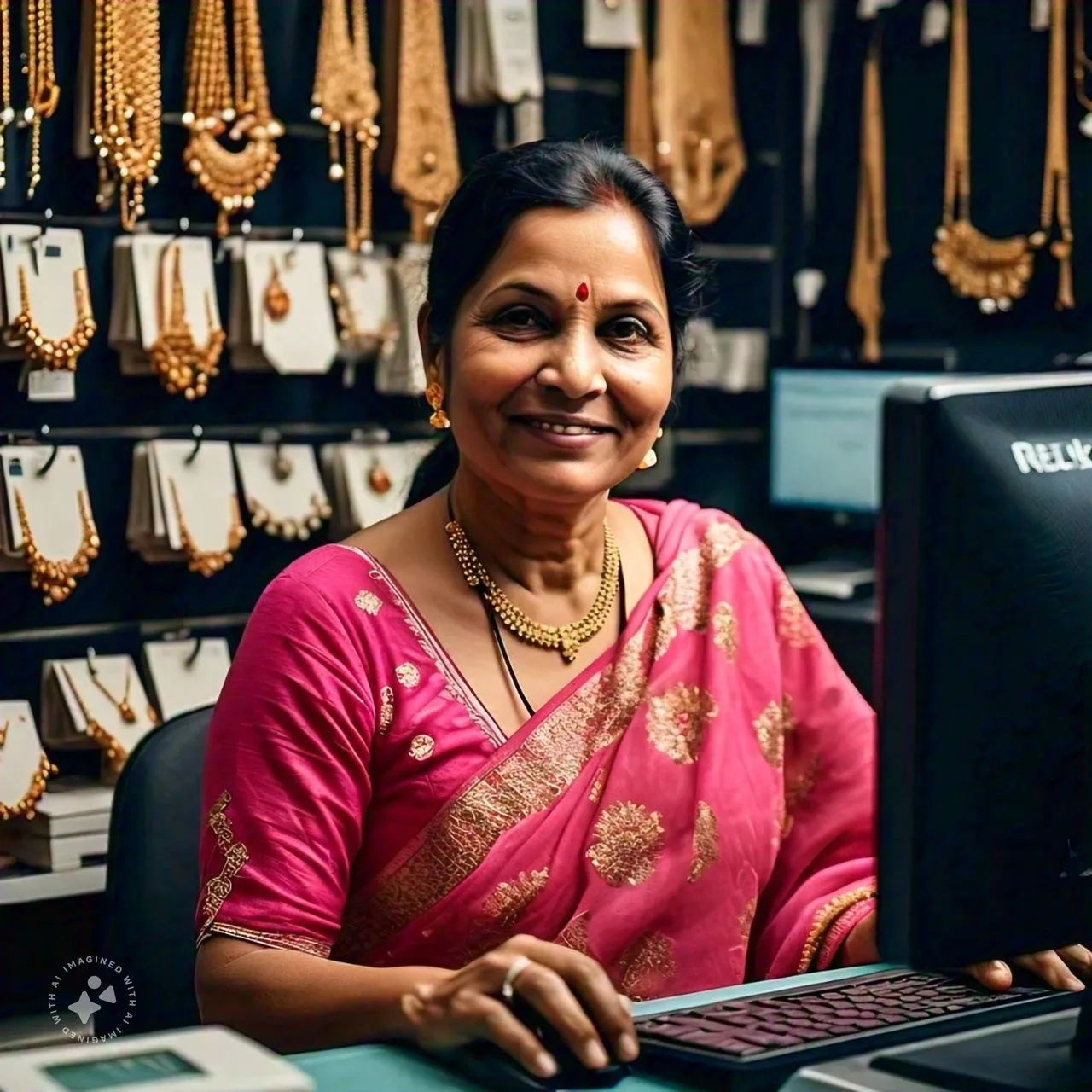
Grocery store employees have found themselves on the front lines of the coronavirus pandemic, deemed as essential as health care workers and police officers. Unlike their peers, however, retail workers often aren’t provided with the personal protective equipment that can save their lives.
Given their potential exposure to coronavirus, grocery store workers are asking shoppers to help them stay safe by following a few guidelines.
Keep your distance inside the store
“Social distancing” guidelines recommend you maintain at least six feet between you and other people to cut down on the risk of infection, which also applies inside a building. Some stores. Along with limiting the number of shoppers, are using visual guides like signs, floor markings and even robots to indicate a six-foot distance.
Six feet is approximately the length of two standard grocery carts, or the length of a pair of skis. Remember to keep this distance from everyone — that means fellow shoppers as well as workers.

Shop alone
There are too many times people bring their kids at shop, like it’s a family outing. Don’t bring the whole family.
While the chances that someone in your household has the coronavirus is small, tripling the number of people leaving your house effectively triples the odds that someone could become infected — and spread that illness to others. That’s dangerous for everyone in the store, but most of all for grocery workers, many of whom are now dealing with 10 times the customers they’d see in a regular day.
Be strategic
Have a list ready when you step into the store (preferably on paper, since phones are notorious germ-spreaders.) Minimizing your time in the store and your number of trips is key to slowing the spread of illness. Make a list for two weeks’ worth of groceries so you make only one trip during that span, instead of multiple shopping trips.
As you fill your cart with products, be deliberate about the items you pick up. Don’t pick up something only to change your mind and leave it on the shelf, which can spread the virus.
Customers need to shop with their eyes instead of their hands. They’ll pick up every package. It’s causing a lot more exposure because it’s unneeded.
Wear mask
Indian Council of Medical Research (ICMR) wear cloth face coverings while out in public. Yet anecdotal reports suggest about half of shoppers aren’t covering their faces, grocery workers say. It is mandatory to make face covering and gloves mandatory for customers as well as for workers.
Scientists disagree on how effective cloth face coverings are against the virus, but several studies have shown them to reduce the spread of illnesses, and more and more health officials are encouraging the public to wear a cloth face covering.
While the mask is not even close to 100% effective, in emergency situations even a small reduction of risk is better than no reduction.
Lifelines in the Lockdown
The main benefit of face coverings is they protect the wearer from infecting others — especially important given increasing evidence that people sick with COVID-19 can spread it before they exhibit symptoms.
We now know that you can be infected with COVID-19 before you have symptoms, and you may not get any symptoms at all. Given this reality, a cloth mask “reduces the amount of virus you might spread into the air and onto surfaces if you happen to be sick. This would help slow transmission.”
Don’t litter
Once masks and gloves are off your face, they become spreaders of disease. If you dispose of them anywhere outside of a trash bin, chances are a grocery worker will have to clean it up.
Customers are throwing gloves and masks in the parking area, into shopping baskets. Workers have to handle these items to throw them out.
Walk the extra few feet to the trash bin to dispose of wipes or gloves. When it comes to your mask, the World Health Organization recommends washing your hands immediately after taking it off — that might mean waiting until you’re home.
If you believe that the mask is offering protection, then you must always consider it to be dirty and handle it in such a way that you don’t expose yourself while handling it.



